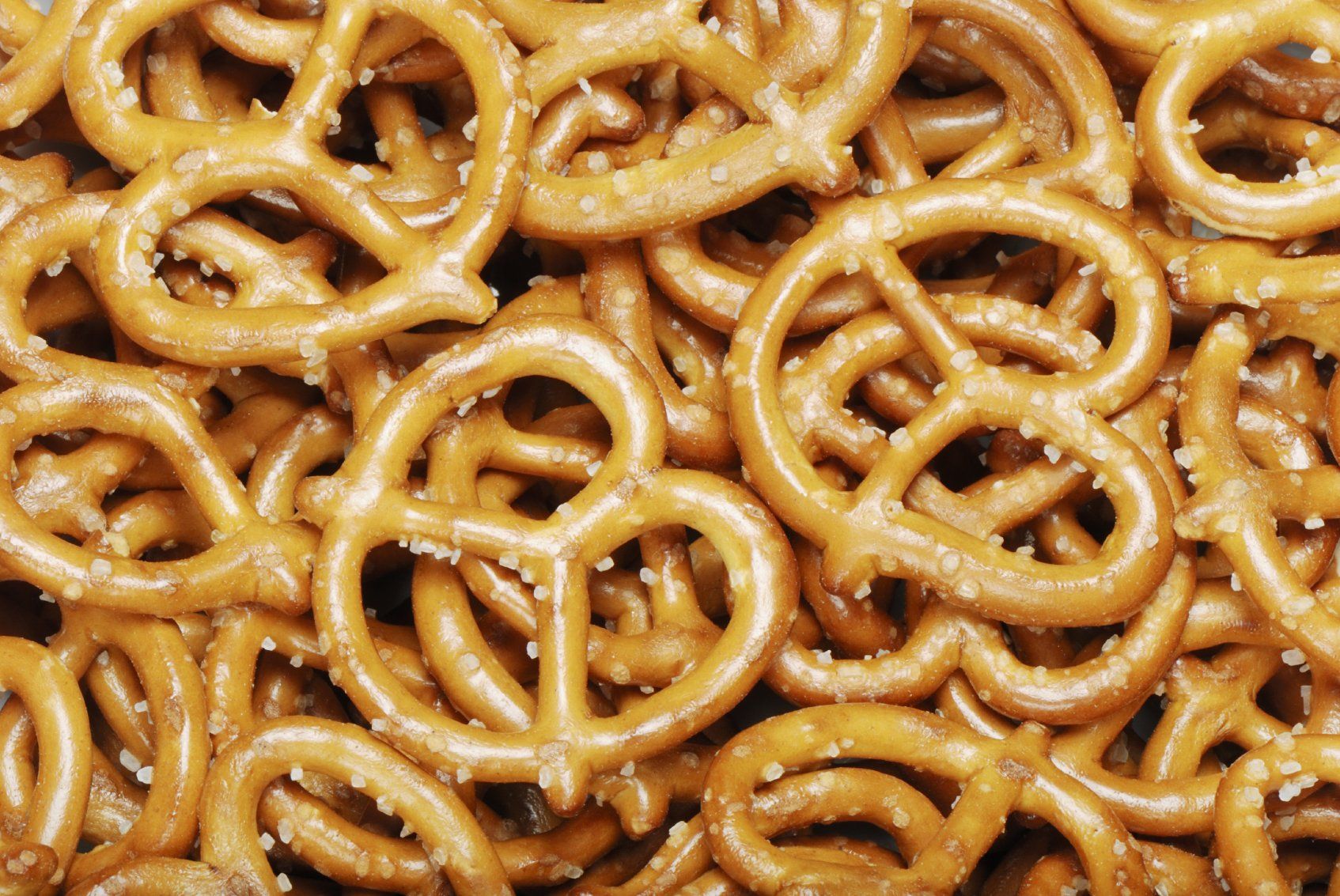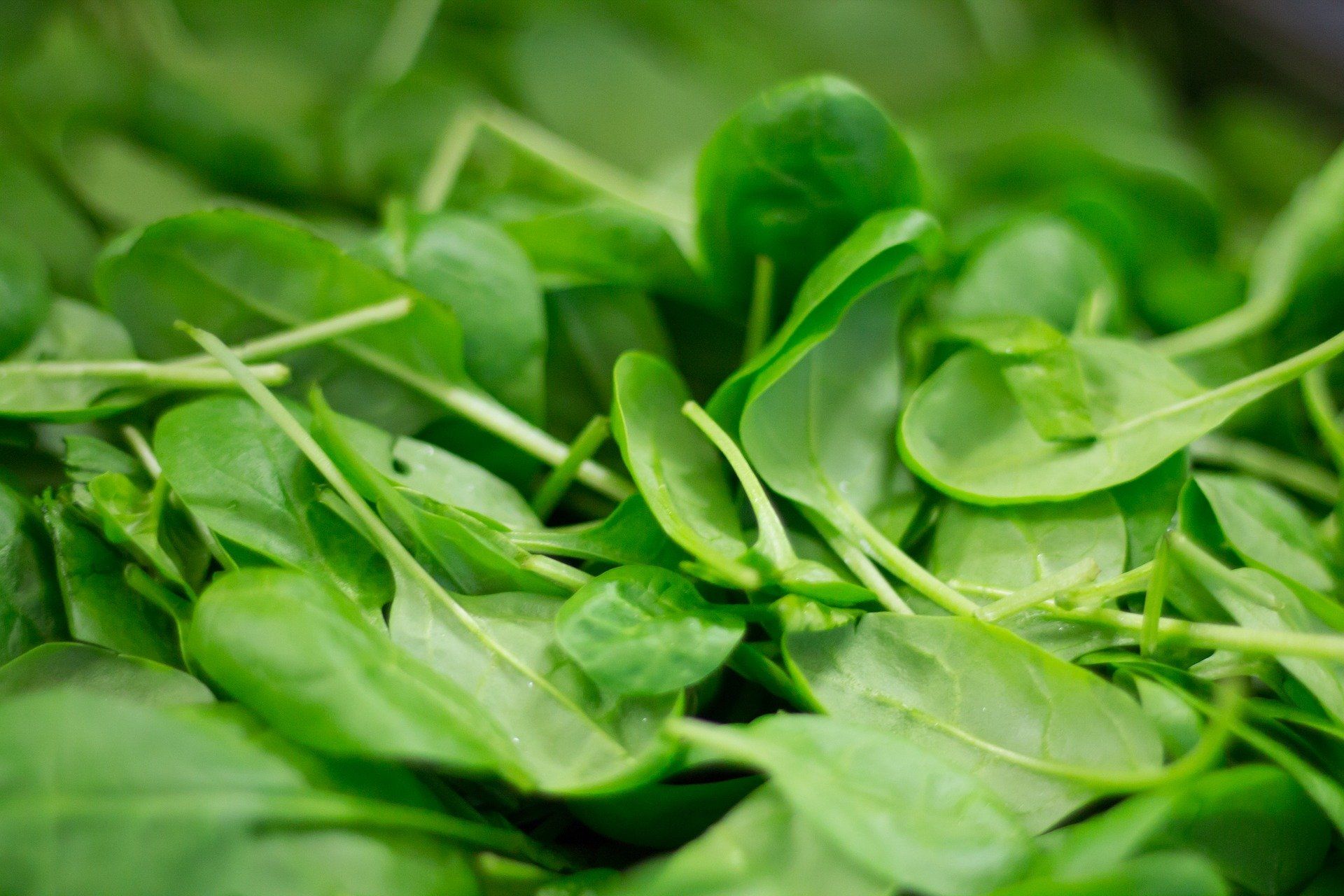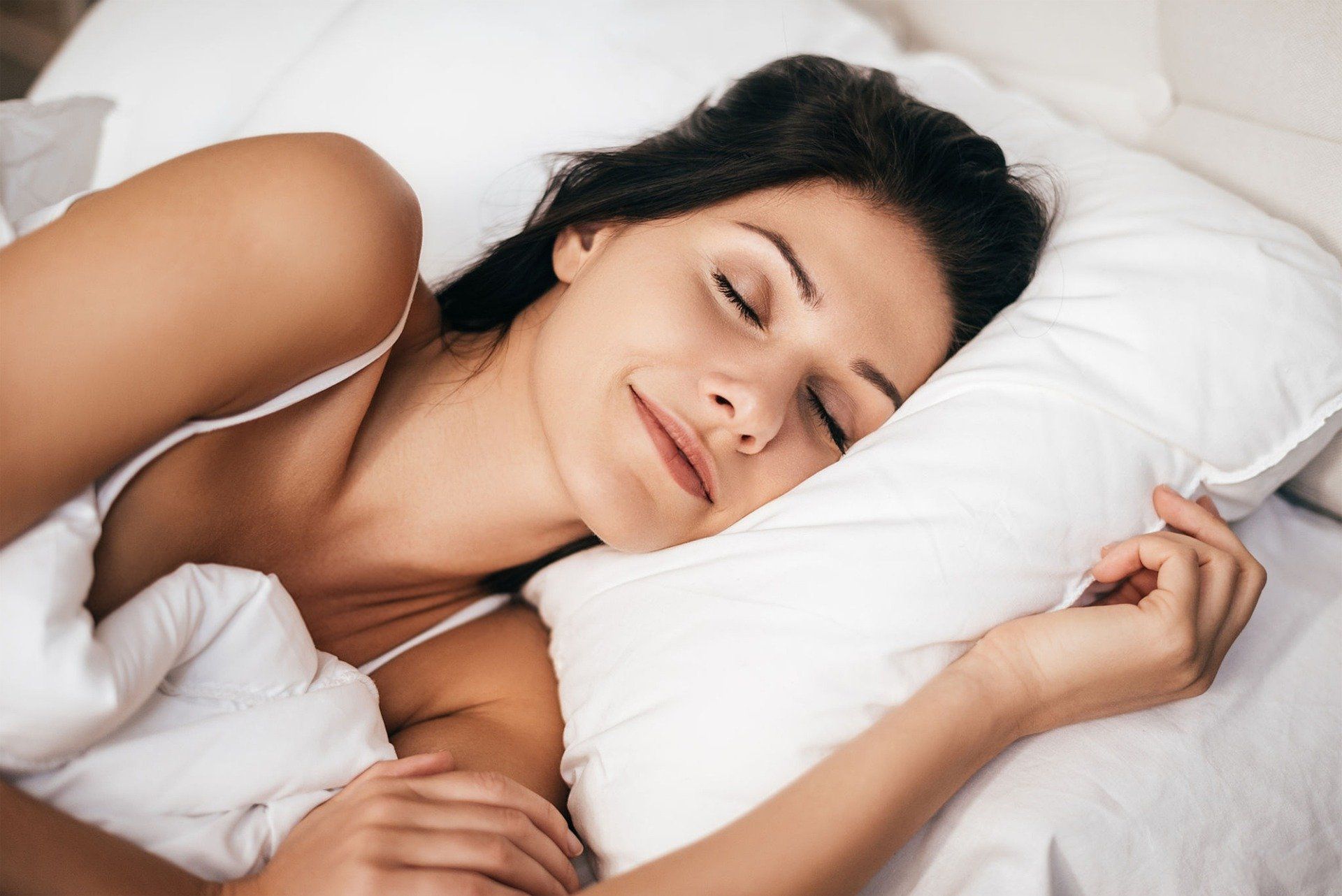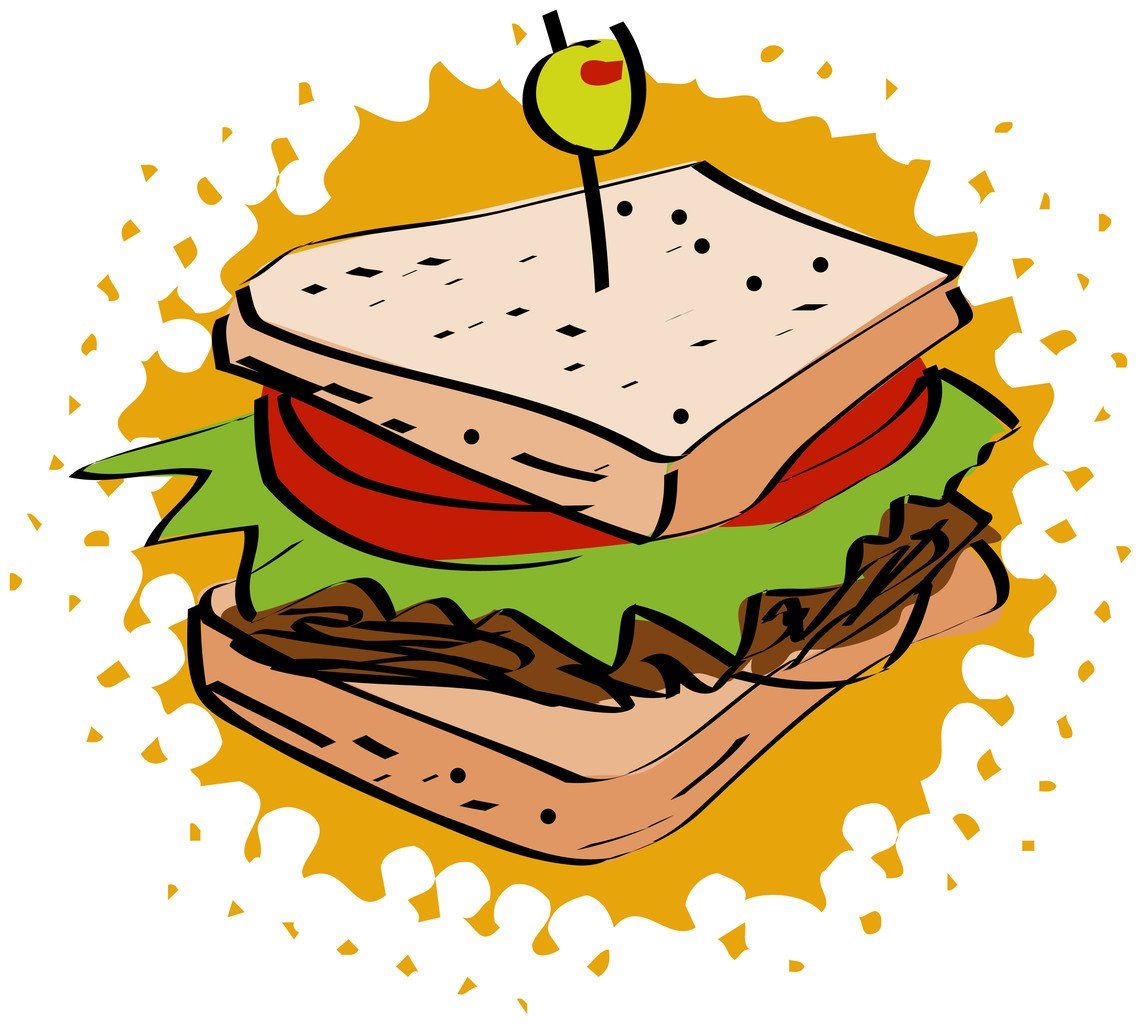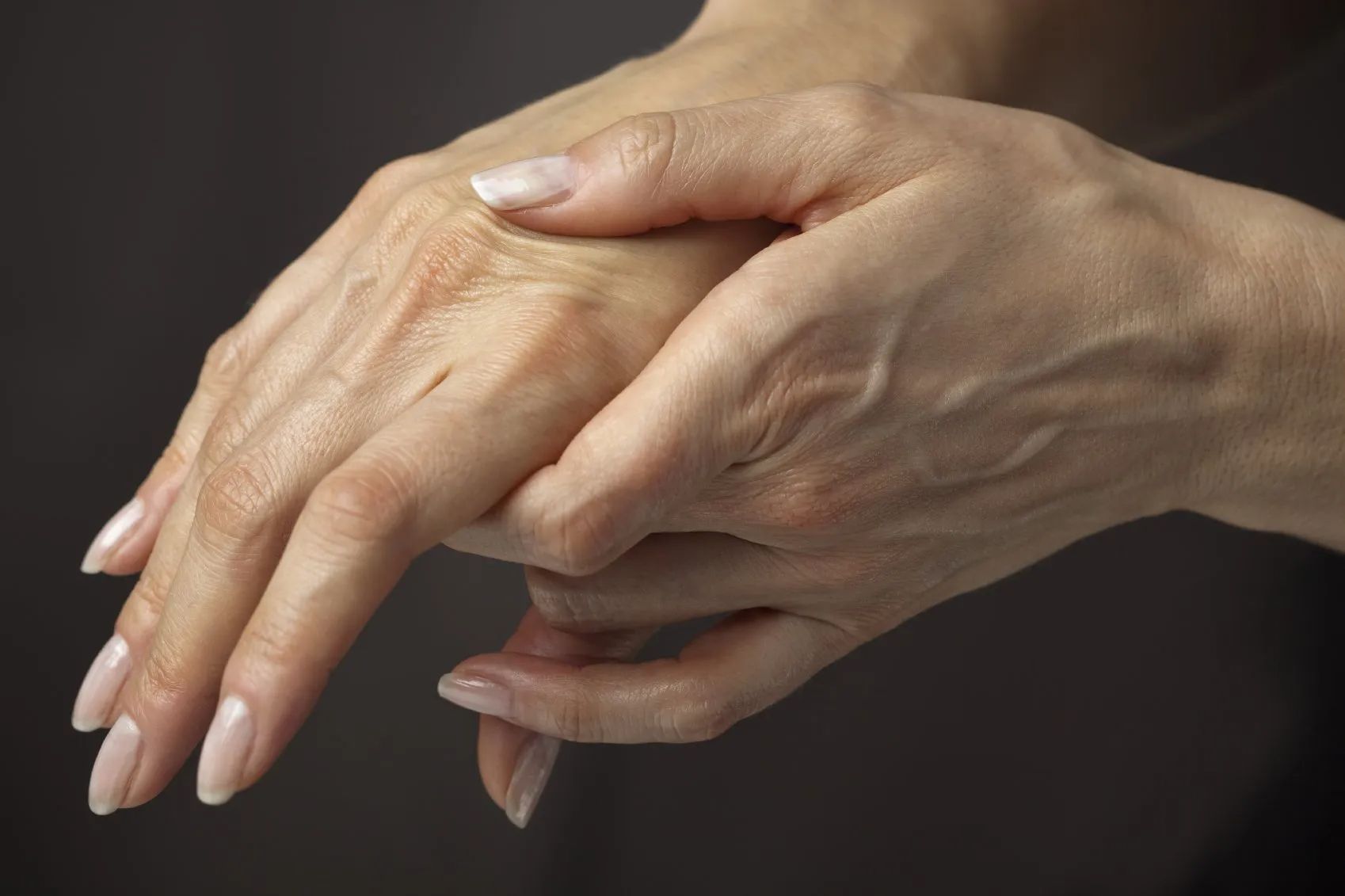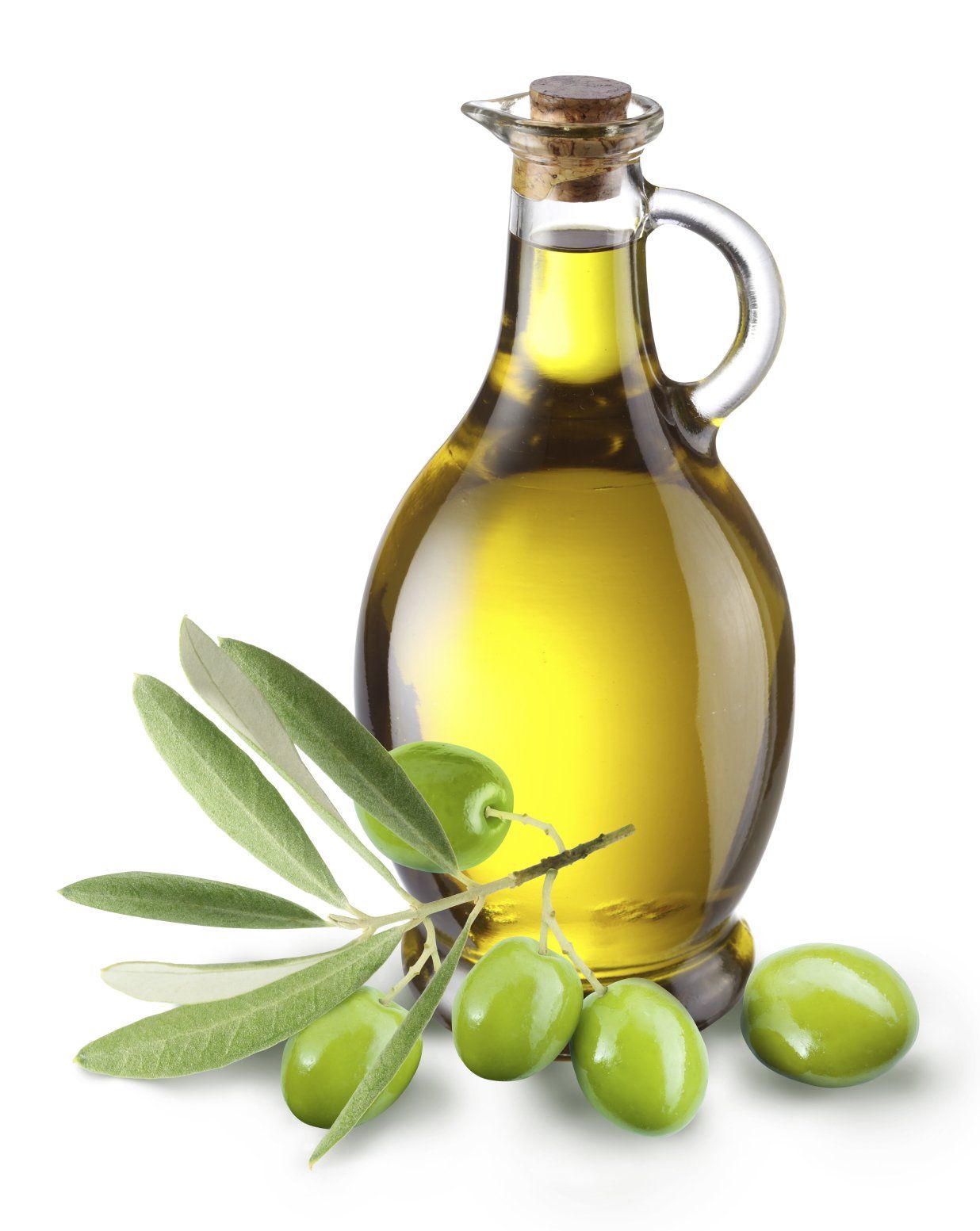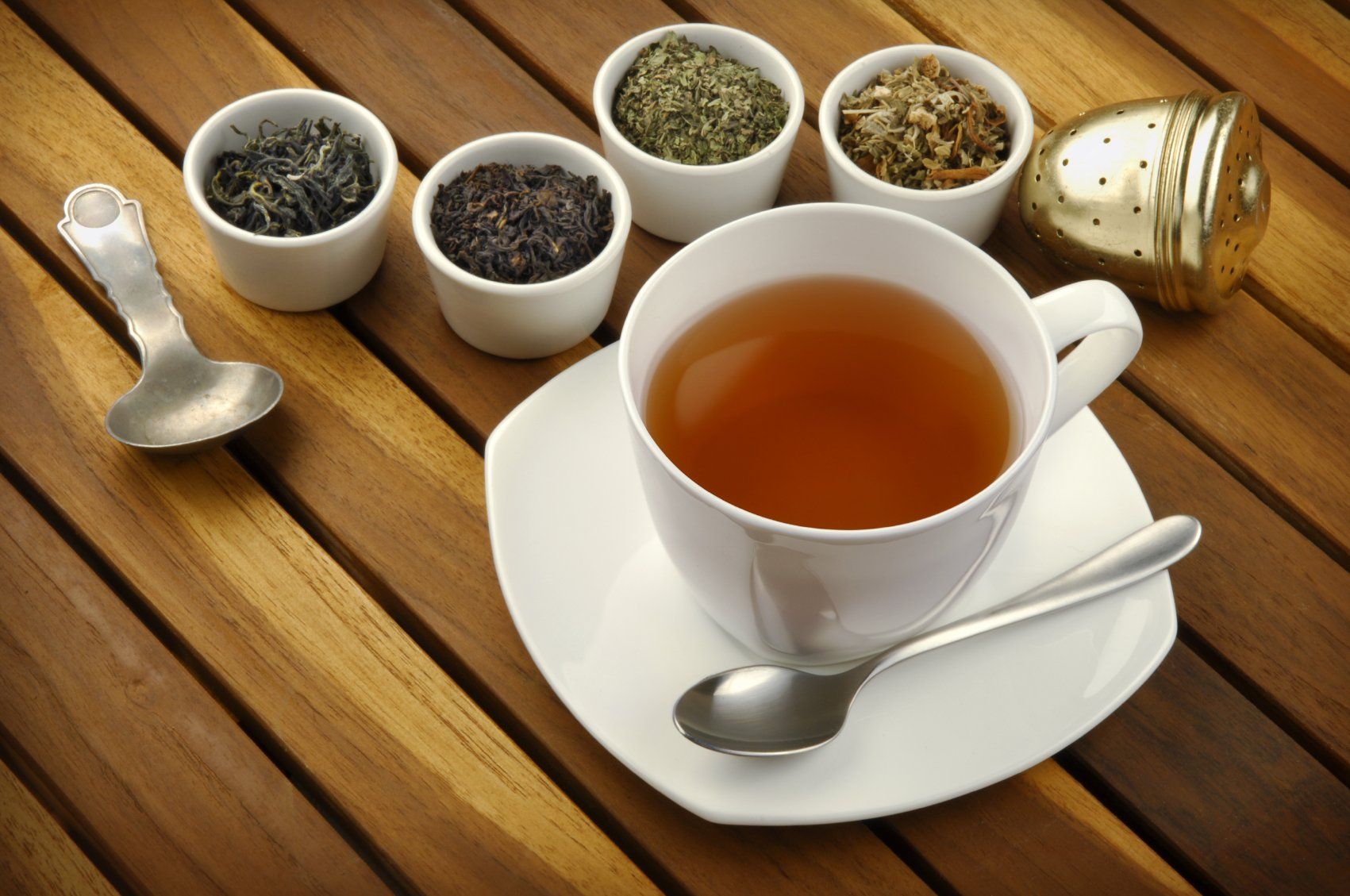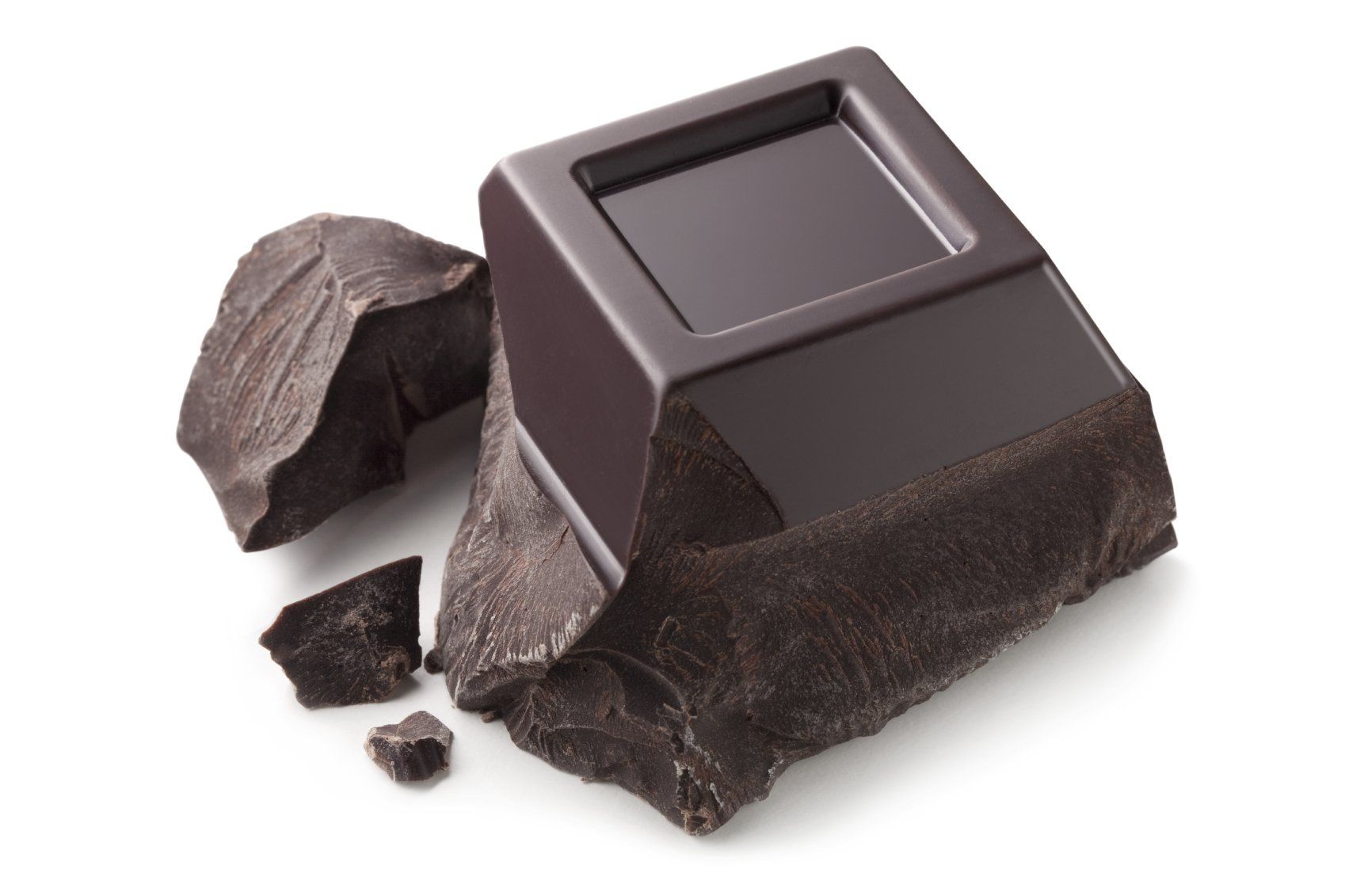Myths - true or just made up?
Test your knowledge and expose health myths!
write us
We present a new myth every Wednesday and explain its background.
Would you like us to clear up a myth for you? or Do you want to uncover a myth yourself and inform others?
Then just send us a request! You are welcome to write us a post for this page and we will then put it online!
brown sugar is more healthy than white sugar
The topic of healthy sugar alternatives is a constant source of debate. Many people believe that brown sugar is the healthier choice and prefer to reach for the dark variety in the supermarket. But how much truth is there behind this myth? Is brown sugar really better for our health or is it just a widespread misconception?
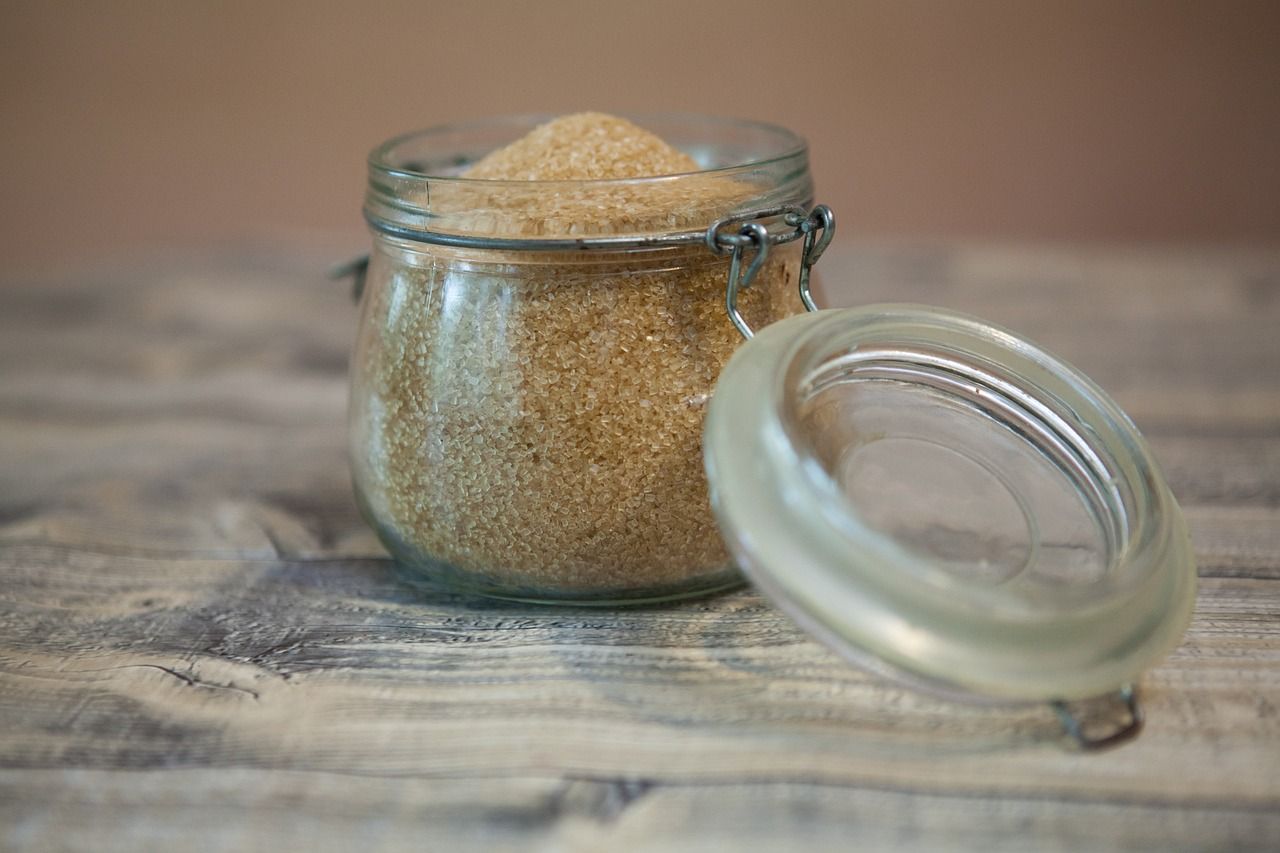
house plants provide a more restful sleep
Restful sleep is important for our health as sleep helps the body regenerate as well as process all events and efforts of the day.
Some people are firmly convinced that plants in the bedroom increase sleep quality because of an improved air quality. But is this really true or is it just a lie pushed on us by the "bedroom plant lobby"?
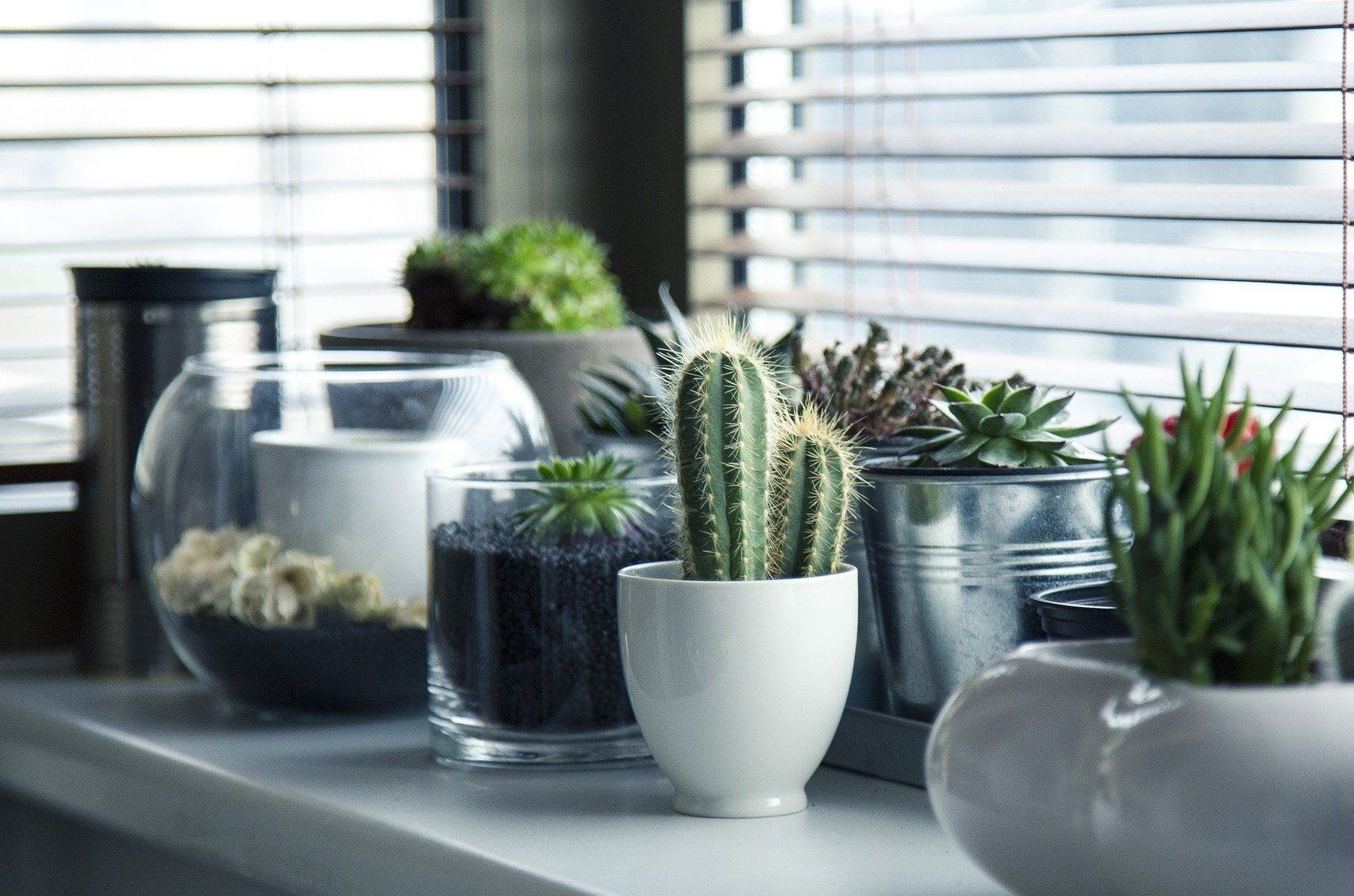
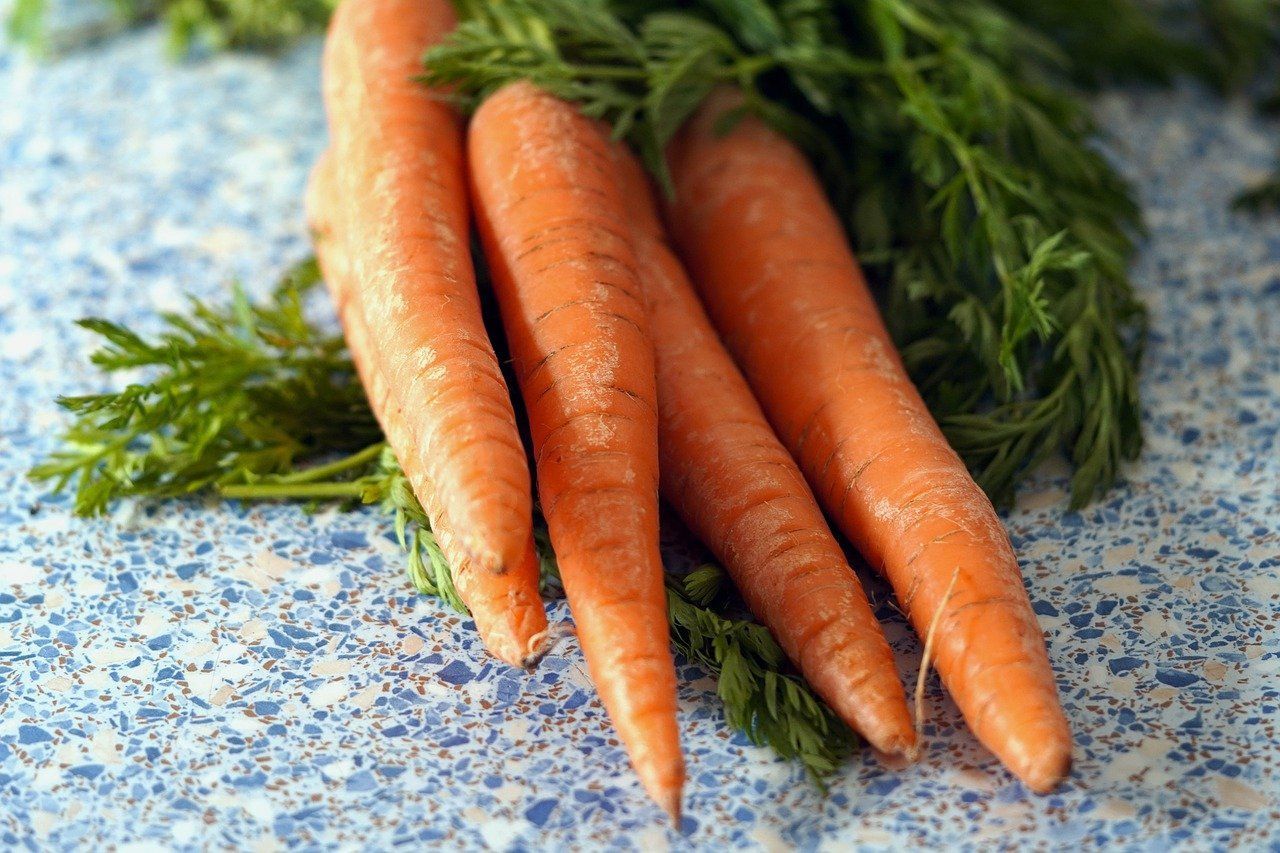
carrots improve eye sight
Our weekly myth by Eveline:
"Eat your carrots, you'll get better eyes!" is a phrase that I'm sure we all remember from childhood. You're sitting at the kitchen table with your family and you've actually eaten everything on your plate, except for those stupid carrots.
To motivate you, your parents tell you that carrots will improve your eyesight even in the dark. Of course, that was the ultimate dream for a child.
However, as someone who wears glasses I noticed one thing over time: every half year my eyesight was deteriorating despite having eaten so many carrots. For this reason I asked myself:
Do carrots really strengthen eye sight?
magnesium helps with muscle cramps
Who hasn't experienced it? During the night leg cramps keep you from sleeping. You try all sorts of stretches and contortions to ease the pain.
Then you reach for the familiar first aid measure "magnesium" hoping it will make your muscle relax.
But does magnesium actually help?
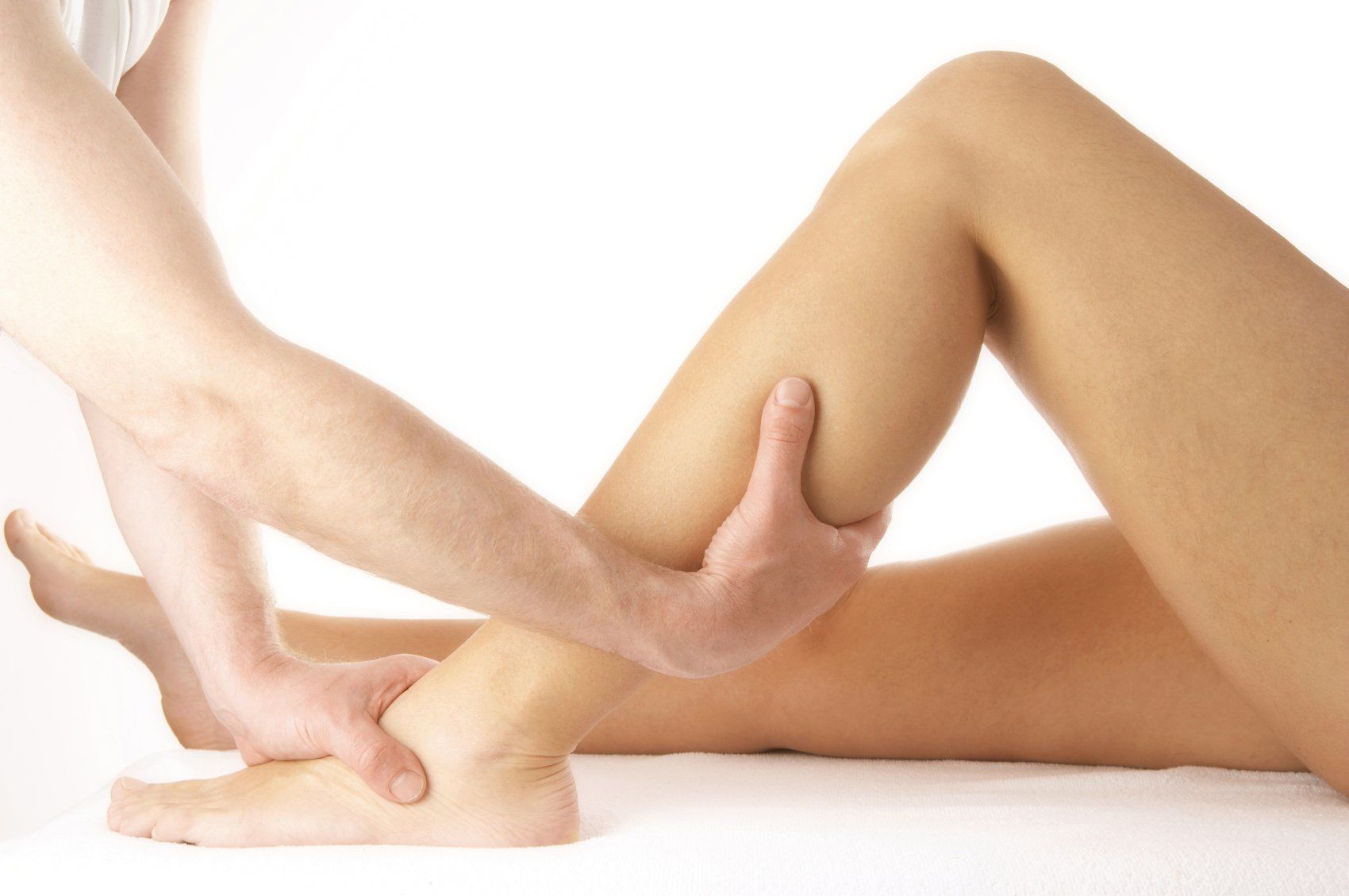

vitamin c helps with colds
Vitamin C is a controversial topic in today's society. Large pharmaceutical companies, supermarkets and drugstores advertise - increasingly in winter - the intake of the vitamin to prevent colds. But how helpful is it really? Is it all just marketing or is there some truth behind it?
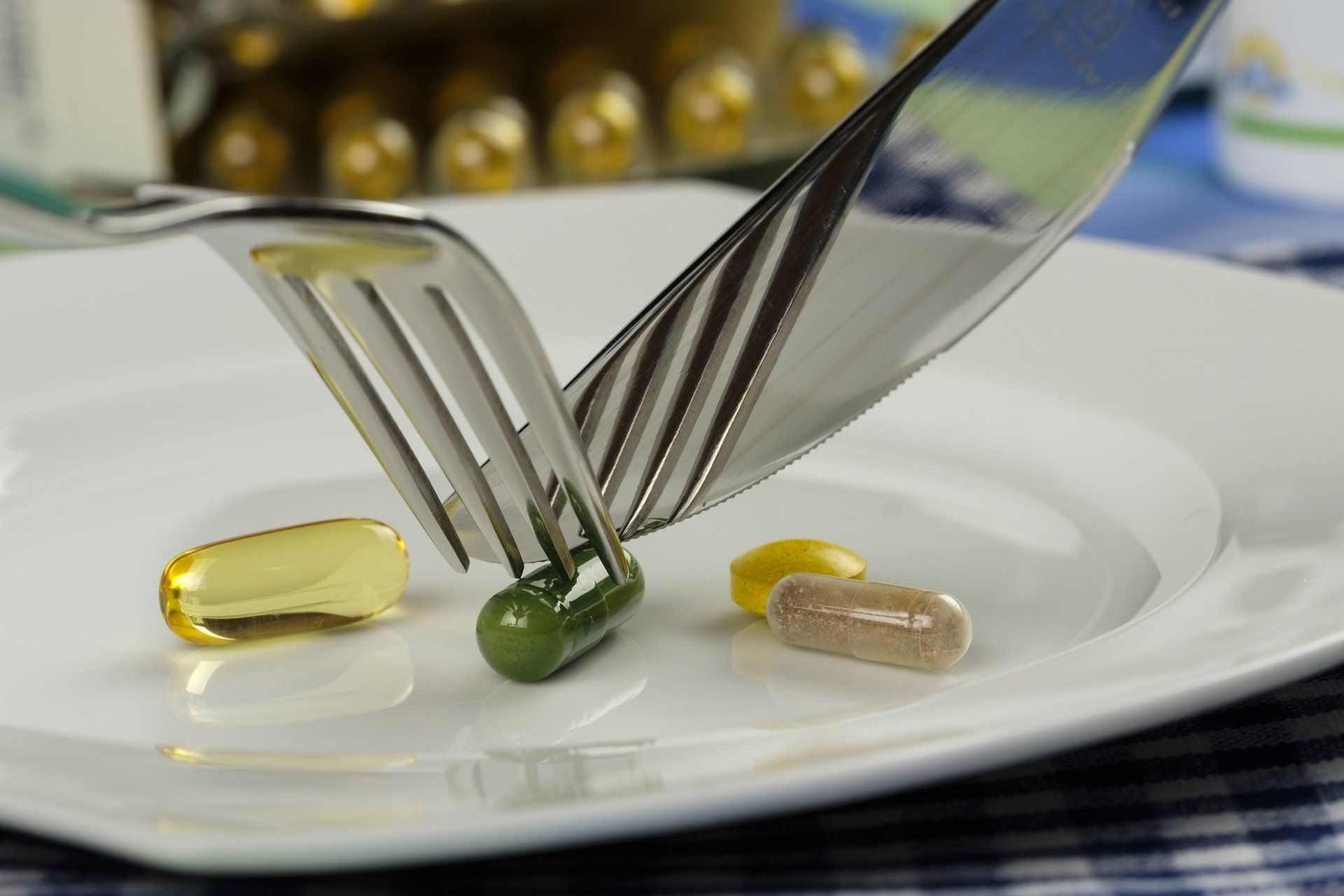
supplements enhance athletic performance
our weekly myth by Janina:
It is all over instagram, grocery stores and gyms: more and more people are taking dietary supplements. Popular instagramers swear by supplements such as protein powders and bars, creatine supplements, bcaa drinks etc. and promote them by promising fast muscle growth and improved physical fitness. But can supplements really enhance athletic performance?

white spots on your nails?
This myth is from Saskia:
Who has not noticed some white spots on their fingernails every once in a while and had to listen to countless potential explanations from friends and family: genetics, consequences of bumping into something or lack of calcium?
Many of you have probably already hear of the latter.
Time to clarify if this myth is really true:
White spots on nails are due to a lack of calcium.

nutrition
Does a shot of liquor helps digestion after a sumptuous meal?
Christmas is right around the corner and everyone will meet up with their loved ones again. Of course, a meal in company is not to be missed. And when all sit around the table with their bellies full after a sumptuous meal the digestive shot has become part of the tradition.
But is this myth of liquor helping digestion really true?

coffee dehydrates the body?!
Who is not a fan of sitting in a cafe in the afternoon enjoying a cup of coffee or cappuccino? A tasty aromatic coffee, a product of comfort that has become indispensable in many households: in the morning as a pick-me-up, after a hearty lunch or for your afternoon coffee break. And soon our bladder makes itself felt.
Is it true that drinking coffee dehydrates our body and leads to us using the bathroom more?
sleep
Which one of us is not familiar with the following scenario? The past university week was once again really stressful. One seminar chases the other and you should have already started studying for your next exam. Besides university, you need to fit in time for family, friends and a job. This often leads to late nights not only on weekends but also during the week.
And as soon as you have comfortably drifted into the land of dreams, your alarm clock rudely wakes you. Lacking sleep is a very common phenomenon among students especially during exams.
In this context, the myth persists, that sleep deficit negatively impacts one's body weight.

the less salt the better?
Everyone is talking about the consumption of salt.
According to the WHO, reducing the daily intake of salt to the recommended 5g can decrease the risk of stroke by 24% and the risk of coronary heart disease by 18%. All other related cardiovascular diseases can also be prevented.
But does the following principle also apply to salt consumption: “the less, the better”?
